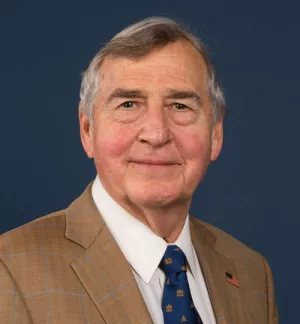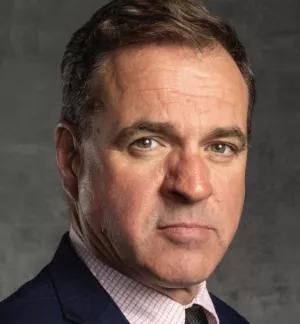It isn’t enough for a commander in chief to invite friendly academics to dinner. The U.S. could avoid future disaster if policy makers started looking more to the past.
It is sometimes said that most Americans live in “the United States of Amnesia.” Less widely recognized is how many American policy makers live there too.
Speaking about his book Doomed to Succeed: The U.S.-Israel Relationship From Truman to Obama, the American diplomat Dennis Ross recently noted that “almost no administration’s leading figures know the history of what we have done in the Middle East.” Neither do they know the history of the region itself. In 2003, to take one example, when President George W. Bush chose to topple Saddam Hussein, he did not appear to fully appreciate either the difference between Sunni and Shiite Muslims or the significance of the fact that Saddam’s regime was led by a Sunni minority that had suppressed the Shiite majority. He failed to heed warnings that the predictable consequence of his actions would be a Shiite-dominated Baghdad beholden to the Shiite champion in the Middle East—Iran.
The problem is by no means limited to the Middle East or to Bush. President Obama’s inattention to the deep historical relationship between Russia and Ukraine led him to underestimate the risks of closer ties between Ukraine and Europe. “I don’t really even need George Kennan right now,” President Obama told The New Yorker for a January 2014 article, referring to the great Cold War–era diplomat and historian. By March, Russia had annexed Crimea.
To address this deficit, it is not enough for a president to invite friendly historians to dinner, as Obama has been known to do. Nor is it enough to appoint a court historian, as John F. Kennedy did with Arthur M. Schlesinger Jr. We urge the next president to establish a White House Council of Historical Advisers. Historians made similar recommendations to Presidents Carter and Reagan during their administrations, but nothing ever came of these proposals. Operationally, the Council of Historical Advisers would mirror the Council of Economic Advisers, established after World War II. A chair and two additional members would be appointed by the president to full-time positions, and respond to assignments from him or her. They would be supported by a small professional staff and would be part of the Executive Office of the President.
Allison, Graham and Niall Ferguson. “Why the President Needs a Council of Historians.” The Atlantic, September 2016
The full text of this publication is available via The Atlantic.






